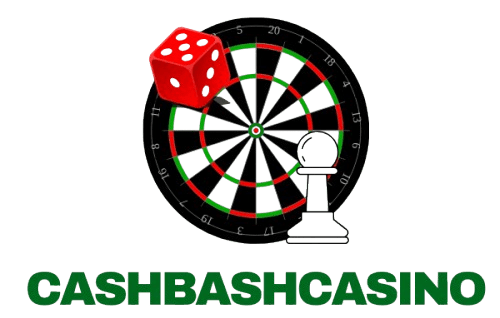When the PlayStation Portable (PSP) was first released in 2004, it promised to deliver console-quality gaming experiences in a portable format. At the time, the PSP was a revelation, offering graphics and gameplay that were unmatched by any other handheld console. Over the years, the PSP’s library grew to include some of the best games of its generation, offering a variety of experiences across genres—from fast-paced action to rich storytelling, strategy, and racing.
One of the standout games on the PSP was God of War: Chains of Olympus, a prequel to the legendary God of War series. Released in 2008, this action-adventure game was notable for its incredible visuals, intense combat, and immersive Greek mythology-inspired narrative. Despite being on a handheld console, Chains of Olympus brought the same brutal combat, intricate puzzles, and deep storytelling that defined the console versions of God of War. Players once again assumed the role of Kratos, battling gods and monsters as he sought to protect the world from dark forces. The game’s fast-paced action, cinematic presentation, and powerful boss battles made it one of the best PSP games, proving that handheld gaming could be just as intense and engaging as its console counterparts.
Another beloved title for the PSP was Persona 3 Portable, an adaptation of the critically acclaimed Persona 3 RPG. This game blended traditional dungeon-crawling with a unique social simulation element, allowing players to balance their time between toto togel 4d battling monsters and building relationships with various characters. The portable version of Persona 3 offered a new female protagonist, a feature that was warmly received by fans. What made Persona 3 Portable special was its ability to combine elements of high-school drama, strategy, and turn-based combat, all within a deeply engaging narrative. The game’s exploration of themes such as life, death, and friendship, alongside its distinctive art style and music, made it one of the standout RPGs on the PSP.
Racing fans were also treated to Gran Turismo for the PSP, a version of the long-running racing simulation series that captured the essence of the console editions. Released in 2009, Gran Turismo for the PSP offered players the opportunity to race a variety of cars on meticulously crafted tracks. The game’s realistic physics, extensive vehicle roster, and stunning graphics made it one of the most detailed racing games available on a handheld device. For fans of driving simulators, Gran Turismo was a must-play on the PSP, offering an experience that was as close to console-quality as you could get on a portable platform.
The PSP’s ability to provide experiences that were on par with home consoles was also demonstrated by titles like LocoRoco, a quirky and colorful platformer that was a fan favorite. Players controlled the titular creatures, guiding them through a series of whimsical levels by tilting the environment. The game’s vibrant art style, catchy music, and simple yet addictive gameplay made it one of the most charming and unique titles in the PSP library. It showcased the PSP’s versatility, offering lighthearted fun alongside the more intense action and strategy games that populated its catalog.
In conclusion, the best PSP games helped define the handheld console and proved that portable gaming could provide experiences on par with traditional consoles. From God of War to Persona 3 Portable, the PSP’s library remains a testament to the power of gaming on the go, offering diverse experiences that captivated players around the world.
